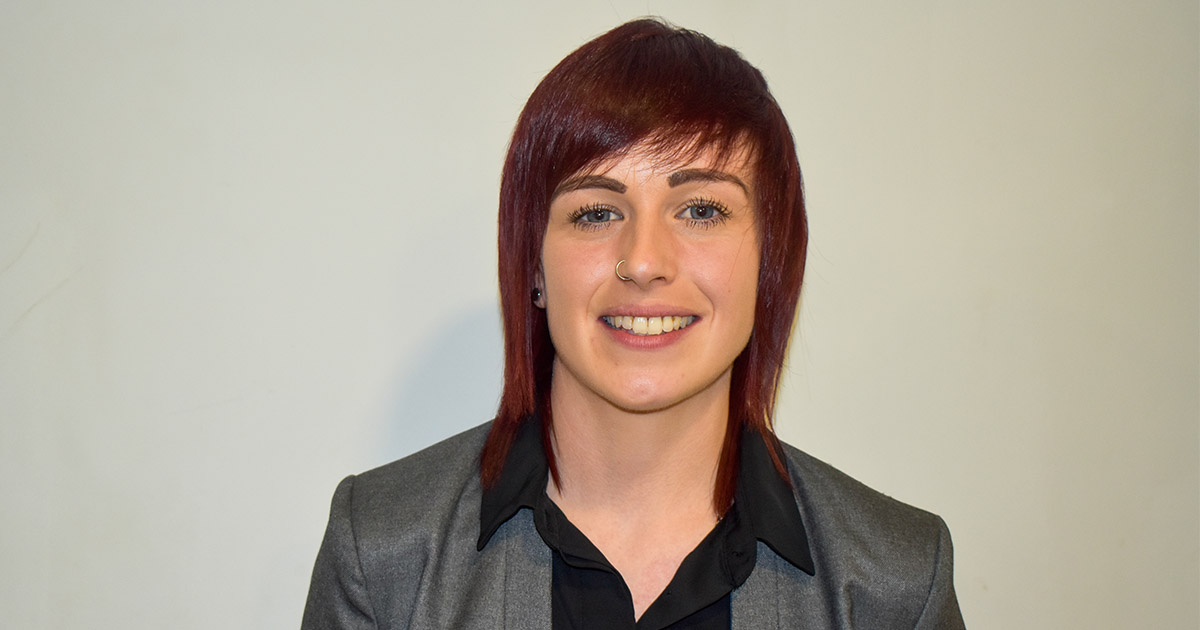Laura is one of the Registered Managers at Stourbridge House. Having started her career as a Support Worker, she knows what it takes in getting a foot in the door and developing a career in health and social care.
Now responsible for recruiting staff, Laura has shared her words of wisdom to what being a Support Worker is all about:
I can honestly say that working for Progress throws a challenge pretty much every day. No two days are the same, so if you don’t want a desk job then working for Progress is for you.
Becoming a support worker is not only a great way to step into the world of health and social care, but it also gives you the chance to make a real difference.
So, you’re asking, what does a support worker do?
At Progress, there are two types of Support Worker; community and residential.
Essentially you will be supporting:
- young person/young adult in one of our residential homes.
- a young adult in the community.
What’s the difference?
As a Support Worker in a residential home, you would be assigned to a young person/adult. The young person/young adults you work with will have learning disabilities, complex needs and challenging behaviours.
Your role is to offer direct support to them and also respond to any other tasks dependent on the needs of the business.
Not every young person/young adult is in our homes full time, you may also be supporting them through our short breaks service.
As a Support Worker in the community, your role is to help a young person/adult learn life skills. This type of support is vital in giving them a life of independence. The hours can be flexible so your work can fit around the needs of the business and your availability.
What qualifications do I need?
One of the most important requirements for this job is a real passion for helping others and if you haven’t got any other job experience yet, don’t worry!
You will get plenty of training opportunities to increase your skills. The hours are, as the job states, flexible so if you’re studying or have other commitments, this role is ideal.
If you apply for as a Residential Support Worker, you need a QCF Level 3 or equivalent Caring for Children and a QCF Level 3 or equivalent for Young People/Adults in Health and Social Care.
As with all jobs at Progress that involve working with children and young people/adults, an offer is subject to a satisfactory DBS check.
Do life experiences count?
Look back at your life…
Do you help your grandparents with their shopping? Are you there for a friend when they deal with a difficult issue? Or maybe you too have children with additional needs?
You may not realise this, but the skills you have in helping others are transferable.
Having empathy and respect for others counts a lot.
So, what are you waiting for?
Visit progresscare.co.uk/recruitment to kick-start you journey towards a career in care.




